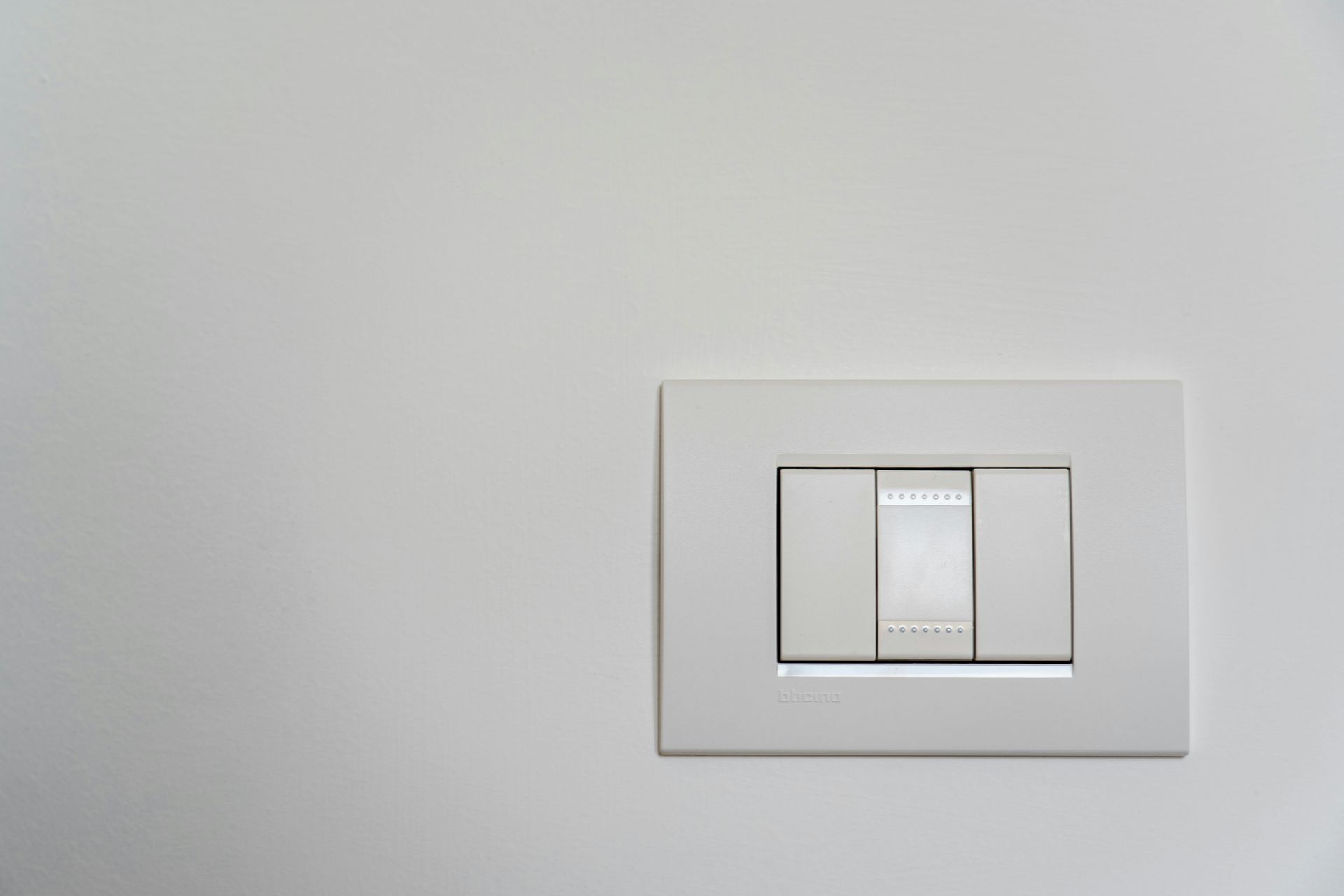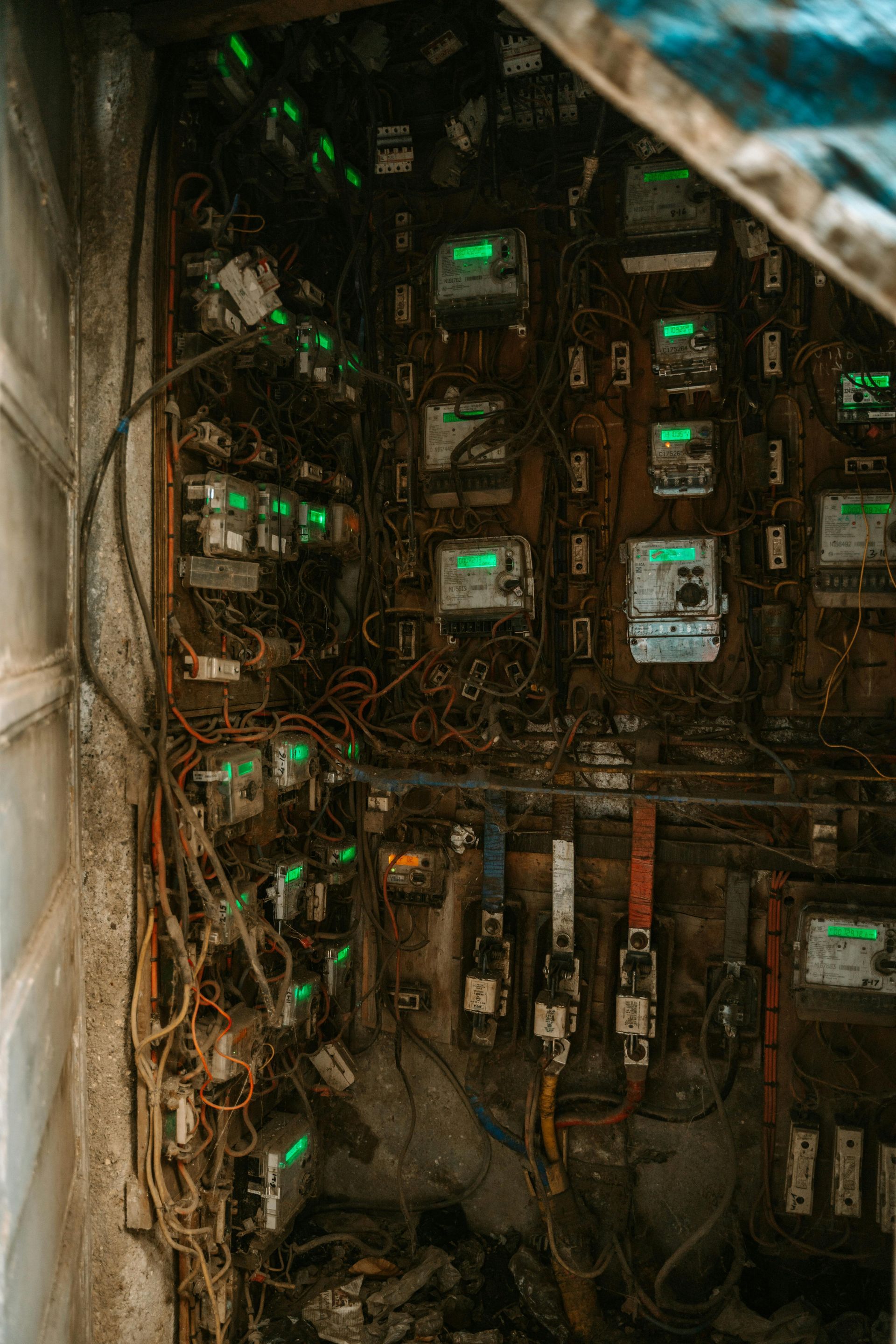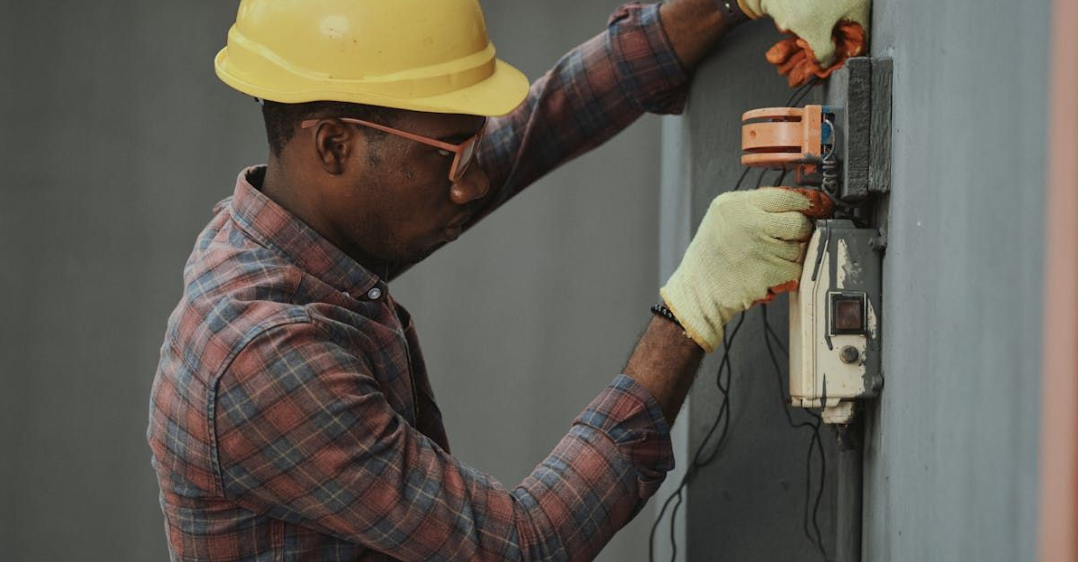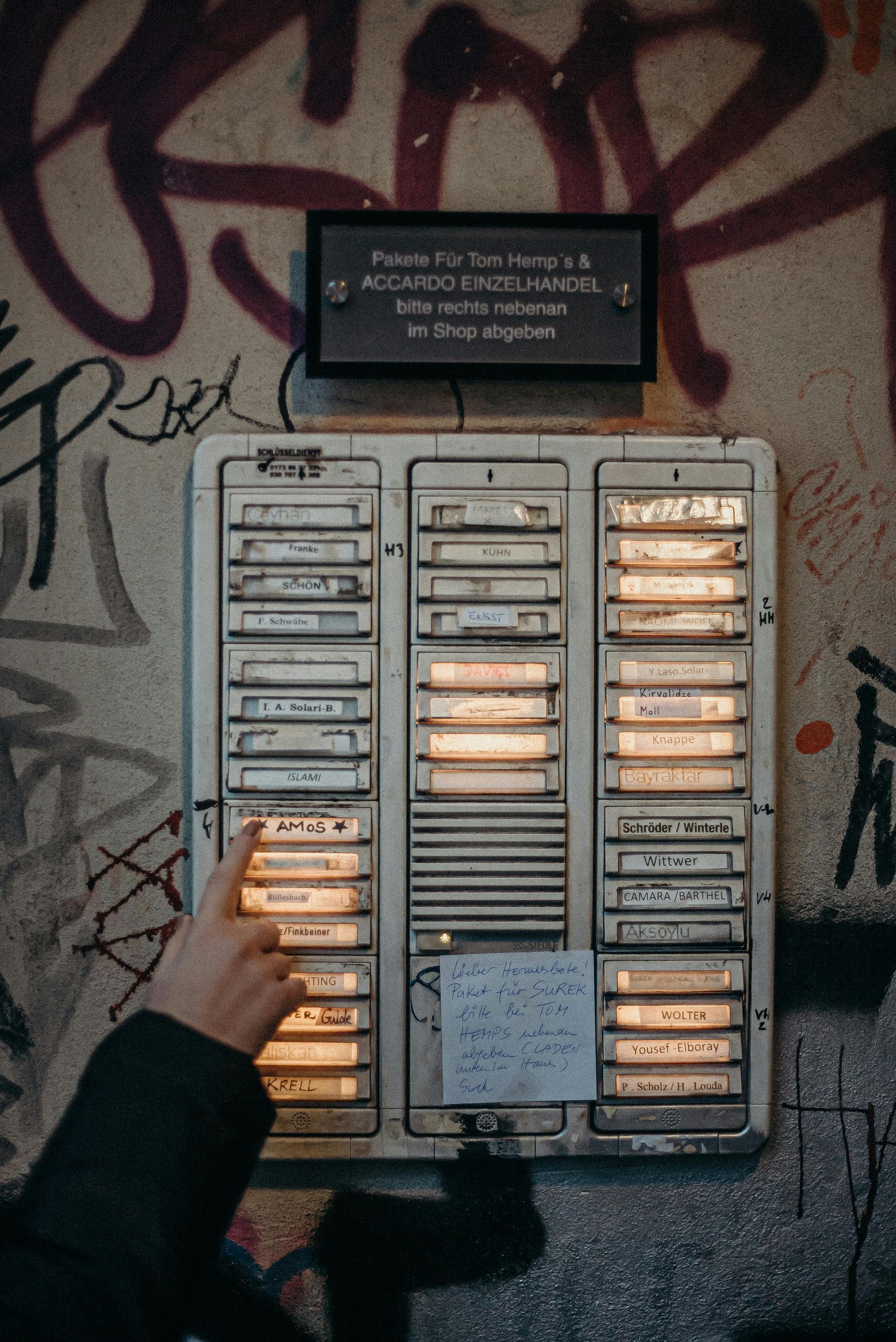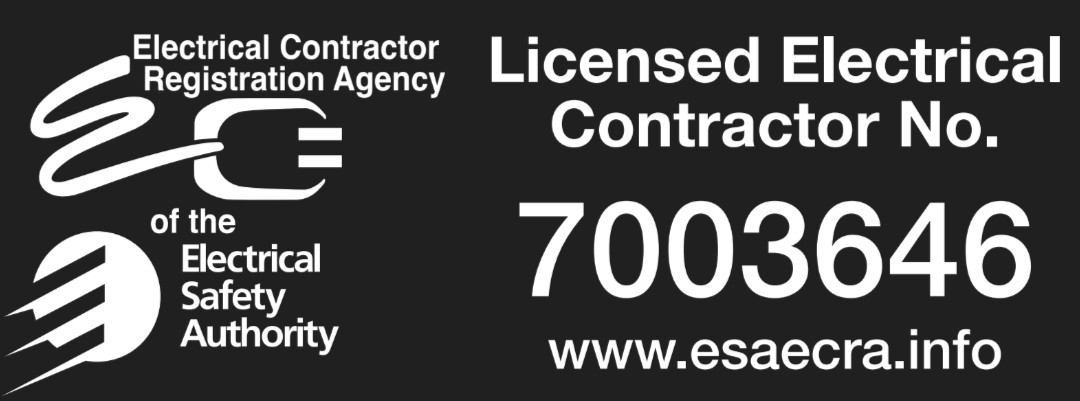From Blackout to Bright Future: How to Develop an Electrical Emergency Plan for Your Business
Ever had the lights go out unexpectedly at your business? It's a real jolt, isn't it? One minute, everything's humming along, and the next, you're in the dark. It’s more than just an inconvenience; it can mean lost productivity, damaged equipment, and even safety risks. Many people don’t realize that a bit of preparation can make a huge difference. That’s why having a solid electrical emergency plan is so important.
Here at VISCA Electric, we've helped countless businesses navigate these situations. We think that with a little planning beforehand, you can convert a moment of fear into a calm, controlled scenario. Let's talk about how you may make a plan to deal with such surprise outages and get back on track fast.
Why You Need a Plan
Think about all the things that rely on electricity in your business: computers, point-of-sale systems, lighting, security alarms, and more. A sudden power outage can disrupt all of it. A well-thought-out plan helps you:
- Protect Your Assets: A power surge after an outage can fry sensitive electronics. Knowing how to safely shut things down prevents this.
- Keep Everyone Safe: An electrical emergency can create hazards. A plan ensures everyone knows what to do and where to go.
- Minimize Downtime: The faster you can act, the less time your business is at a standstill.
- Ensure Business Continuity: Some businesses can't afford to be offline. A plan helps you identify mission-critical systems and find ways to keep them running.
Key Steps to a Solid Plan
Ready to get started? Here’s a simple breakdown of how you can build your own electrical emergency plan.
1. Identify Your Risks
First, take a look around your business. What are the biggest electrical risks? Maybe you're in an older building with a dated electrical panel, or perhaps you're in an area prone to severe weather. Understanding these risks is the first step to mitigating them.
2. Create a "Go-To" Team
Designate a few key employees to be part of your emergency response team. They should know the plan inside and out. It's a good idea to train a few individuals so that there is always someone who can take command.
3. Establish Clear Procedures
This is the main part of your plan. Make a list of straightforward, easy-to-follow instructions for diverse situations. These might be:
- Initial Response: What should people do immediately when the power goes out?
- Communication: How will you let employees and customers know what’s happening?
- Equipment Shutdown: What should be turned off immediately to prevent damage?
- Backup Systems: Do you have a generator or an uninterruptible power supply (UPS)? How do you activate it?
- Contact Information: Keep a list of important phone numbers handy, especially for your emergency electrical service provider. You need someone you can trust!
4. Train and Practice
A plan is only as good as the people who know it. Have frequent training sessions and even practice. Make sure that everyone knows what they need to do. When a true emergency happens, this will make your response feel like second nature.
5. Partner with the Pros
Don’t try to handle everything on your own. Having a trusted emergency electrical partner is a game-changer. We can help with everything from preventative maintenance to getting your power back on in the middle of the night. You need a reliable
emergency electrical service that’s just a call away, 24/7.
By taking these steps, you can turn a stressful event into a manageable situation. It's about being proactive, not reactive. A little planning today can save you a lot of headaches tomorrow.
